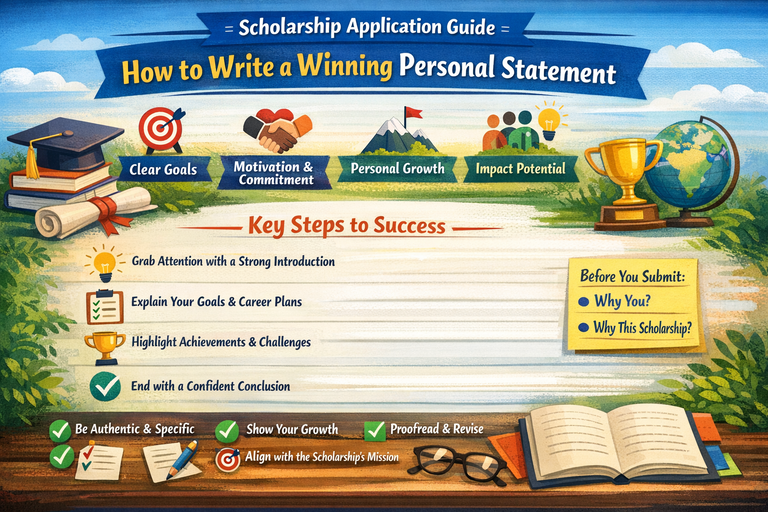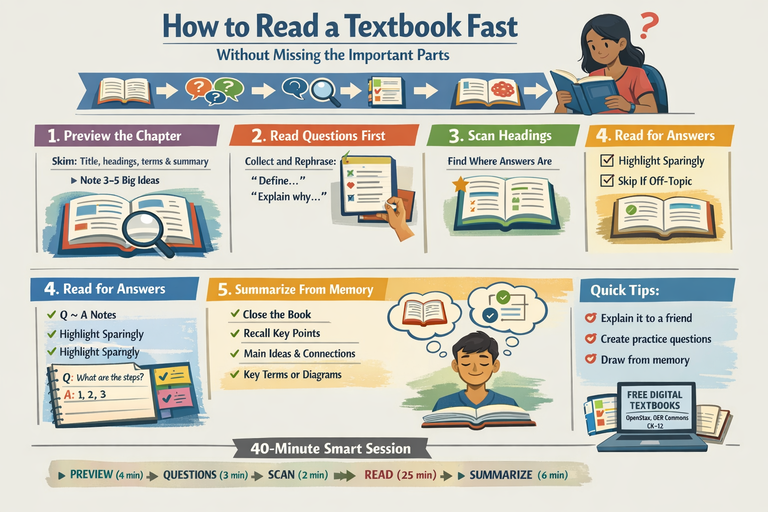The Role of Literary Agents in Book Publishing
Publishing a book is a complex process that involves far more than simply writing a compelling manuscript. For many authors, especially those pursuing traditional publishing, a literary agent is one of the most valuable allies in their journey. But what exactly does a literary agent do, and why might you need one?
In this article, we’ll explore the key roles literary agents play in the book publishing world, how they benefit authors, and what to consider when seeking representation.
What Is a Literary Agent?
A literary agent is a professional who represents authors in the publishing world. Their primary role is to help writers sell their manuscripts to publishers, negotiate contracts, and guide the author’s career from a business and industry perspective.
Agents are typically well-connected within the publishing industry. They have relationships with editors at major publishing houses, understand current market trends, and know how to position a manuscript for success. While they are not publishers themselves, they serve as intermediaries—often making the difference between a manuscript getting read or rejected.
Why Do Authors Need Literary Agents?
Not all authors need agents—particularly those pursuing self-publishing or working with small presses that accept unsolicited submissions. However, for authors aiming to publish with large traditional publishers (such as Penguin Random House, HarperCollins, Macmillan, or Hachette), a literary agent is essential.
Most major publishers do not accept unsolicited manuscripts. That means they won’t review a submission unless it comes through a trusted agent. In this sense, an agent acts as a gatekeeper—but also as your advocate.
Here are a few reasons why literary agents are often considered indispensable:
-
Access to Major Publishers: Agents have direct connections with acquisition editors and can get your manuscript into the right hands.
-
Industry Expertise: They understand what genres and topics are currently selling, and how to position your work accordingly.
-
Contract Negotiation: Agents negotiate publishing contracts to ensure you get favorable terms, including royalties, advances, rights, and more.
-
Career Guidance: A good agent will help you plan long-term, not just for one book but for your entire writing career.
-
Editorial Feedback: Many agents provide early feedback on your manuscript to help refine it before submission.
What Do Literary Agents Actually Do?
The job of a literary agent encompasses a wide range of responsibilities. Here’s a breakdown of their core functions:
1. Manuscript Evaluation and Development
Before submitting your work to publishers, agents often review your manuscript and provide feedback. They may suggest revisions or structural changes to improve your book’s chances of getting picked up. This editorial input is often one of the first forms of professional critique authors receive.
2. Submitting to Publishers
Once the manuscript is polished, the agent creates a submission strategy. This involves writing a pitch letter and sending your manuscript to a curated list of editors they believe would be a good fit. They use their insider knowledge to match your book with the right publishing house and imprint.
3. Negotiating Contracts
Publishing contracts are complex legal documents with many clauses about royalties, rights, reversion terms, and deadlines. An experienced literary agent will review and negotiate your contract to protect your interests. They ensure that you retain important rights (such as film, audio, or international rights) when appropriate, and they fight for fair compensation.
4. Managing Rights Sales
In addition to the initial publishing deal, agents often work to sell subsidiary rights—such as:
-
Translation rights
-
Film/TV rights
-
Audio rights
-
Merchandising rights
This can bring additional income and broader exposure to your work.
5. Career Building
An agent is not just focused on a single manuscript. They’re also interested in your overall writing career. They might advise on future projects, help you transition into different genres, or assist in branding your author profile.
How Do Literary Agents Get Paid?
Literary agents work on commission, usually taking 15% of the author’s earnings from deals they negotiate. This includes advances, royalties, and rights sales. They do not charge upfront fees. If an agent asks for money to review or represent your work, it’s a red flag.
Their earnings are tied to your success, so it’s in their best interest to secure the best possible deals for you.
How to Find a Literary Agent
Finding the right literary agent requires research, patience, and a well-crafted query. Here’s a simple process to follow:
1. Identify Agents Who Represent Your Genre
Use directories like:
-
QueryTracker
-
Manuscript Wish List (MSWL)
-
Publishers Marketplace
-
Association of Authors’ Representatives (AAR)
Look at the acknowledgments section of books similar to yours—authors often thank their agents there.
2. Prepare Your Submission Materials
Most agents request:
-
A query letter: A one-page pitch that includes your book summary, genre, word count, and author bio.
-
A synopsis: A 1–2 page breakdown of the plot, including the ending.
-
Sample pages or full manuscript: Depending on their guidelines.
Follow each agent’s submission guidelines exactly.
3. Track and Manage Submissions
Keep a spreadsheet or use a tool like QueryTracker to track who you’ve submitted to, when, and whether you’ve received a response.
Be patient. Response times vary—some agents reply in weeks, others may take months. Many agents receive hundreds of submissions each month.
What Makes a Good Literary Agent?
Not all agents are created equal. Here’s what to look for when evaluating a potential agent:
-
A strong track record of sales to reputable publishers.
-
Clear communication and responsiveness.
-
Transparency about their process and expectations.
-
Membership in professional associations like AALA (formerly AAR).
-
No upfront fees or vague promises.
Don’t be afraid to ask questions. If you receive an offer of representation, clarify what rights they’ll handle, how often they’ll communicate, and what kind of editorial input they’ll provide.
Common Misconceptions About Literary Agents
Let’s clear up a few myths:
Myth 1: Agents only work with bestselling authors.
Reality: Many agents are actively seeking debut authors and emerging voices.
Myth 2: You need to have a completed manuscript to query an agent.
Reality: For fiction, yes—a complete, polished manuscript is typically required. For nonfiction, a strong book proposal often suffices.
Myth 3: Once you have an agent, you’re guaranteed a publishing deal.
Reality: Agents can open doors, but ultimately, publishers still make the final decision.
Myth 4: You can’t publish without an agent.
Reality: You can publish through self-publishing or submit directly to smaller publishers that accept unsolicited submissions.
Do You Need an Agent?
Not every author does. Here’s a quick comparison:
You likely need an agent if:
-
You want to publish with a major publisher.
-
You value professional representation and contract negotiation.
-
You want long-term guidance in your writing career.
You may not need one if:
-
You plan to self-publish.
-
You’re publishing with a small or academic press that accepts direct submissions.
-
You prefer full control over your publishing journey.
Final Thoughts
A literary agent can be a game-changer for your writing career. They offer expertise, access, and advocacy in a competitive and often confusing industry. While securing an agent takes time and effort, the right partnership can help you turn a manuscript into a long-lasting career.
Before seeking an agent, make sure your manuscript is polished, your goals are clear, and your expectations are realistic. With preparation, research, and persistence, you can find the right literary agent to guide you through the publishing world with confidence.







